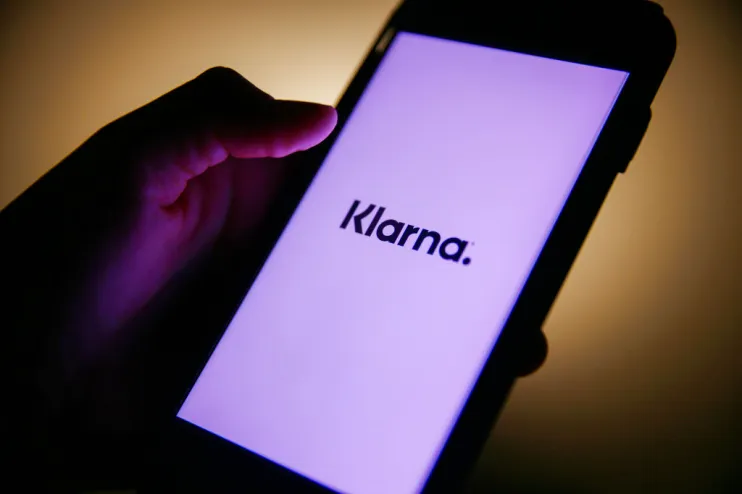Klarna hits back at Moody’s over buy now pay later warning

In a recent report, financial services firm Moody’s warned that credit losses may start rising for buy now pay later lenders.
This comes as sky-high inflation makes delayed online payments more appealing to cash-strapped consumers.
But buy now pay later (BNPL) giant Klarna has hit back at the report, saying Moody’s characterisation of the riskiness of BNPL debt seems to “lack nuance”.
Klarna told City A.M.: “In [Moody’s] report they claim that, as BNPL debt is unsecured, it is less risky than secured bank loans. Tell that to the 2008 housing crisis.
“The point is, BNPL loans tend to be very low value and extremely short duration (30 to 60 days). That makes it much less risky than a higher value, longer term debt, even if that debt is secured on some form of collateral.”
Klarna pointed to mortgage debt as an example. It explained that the debt is secured on a house, so if house prices fall so does the value of the collateral. At the same time, mortgages are long-term loans whereas BNPL loans are far shorter in duration.
“A lot can happen in 25 years – in the past two years we’ve seen interest rates go from close to zero to over 5%. There’s a lot less that can happen in the 60 days between taking out a BNPL loan and fully paying it off, and that also means BNPL providers can be much more responsive to changing market conditions,” Klarna said.
“When Klarna changes our underwriting policy, 50% of the balance sheet is underwritten on the new model within two months. That is not possible with much longer-duration loans.”
The BNPL lender was also keen to point out that it was “well on [its] way” back to profitability after the Moody’s report noted that none of the major lenders had turned a profit last year.
Klarna reported it had swung into the black for the first full quarter in four years earlier this month, after rolling out a major cost-cutting programme and slashing the number of borrowers defaulting on their debts.
The firm booked an operating profit of SEK 130 million (£9.63 million) in the third quarter, up from a loss of SEK 2 billion in the same period last year, in its first full quarter of profitability since 2019.